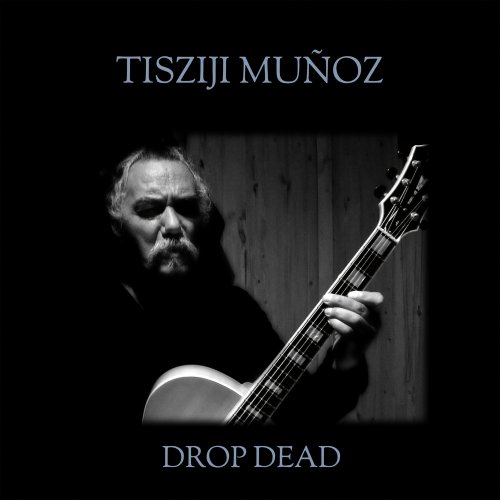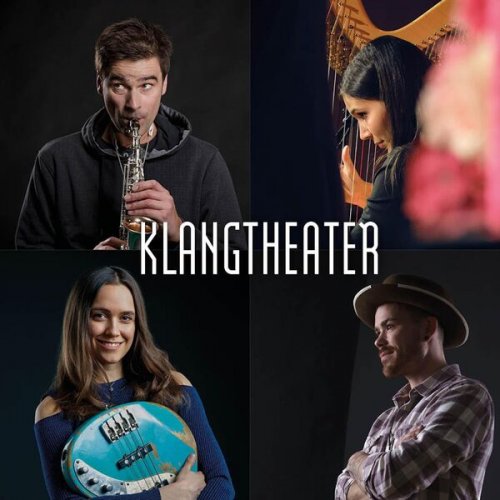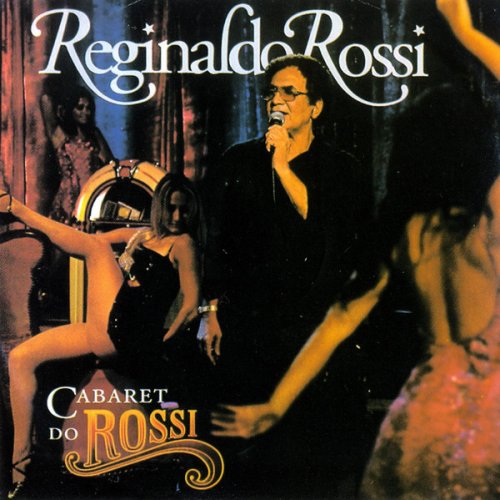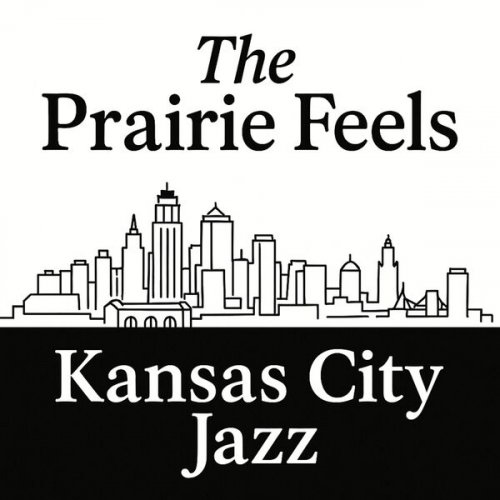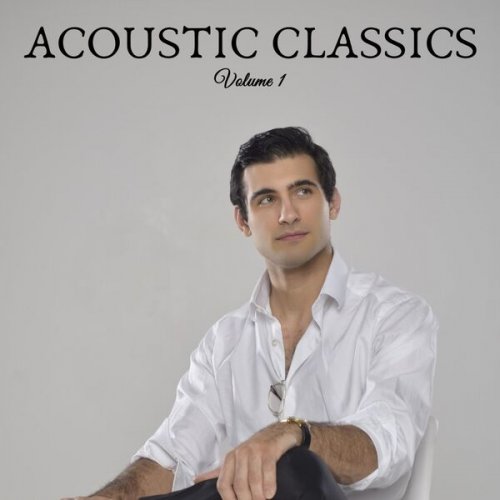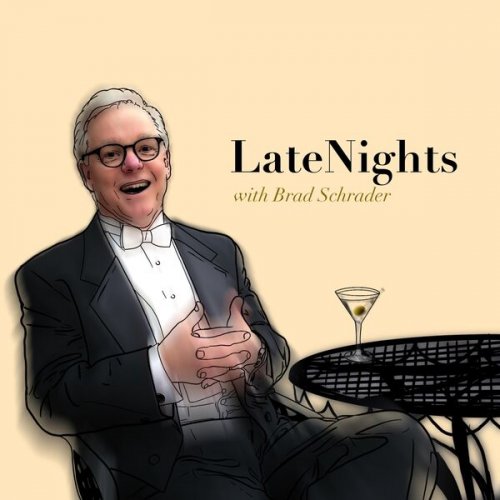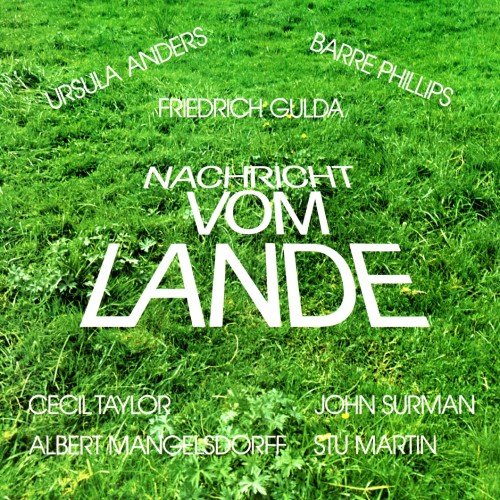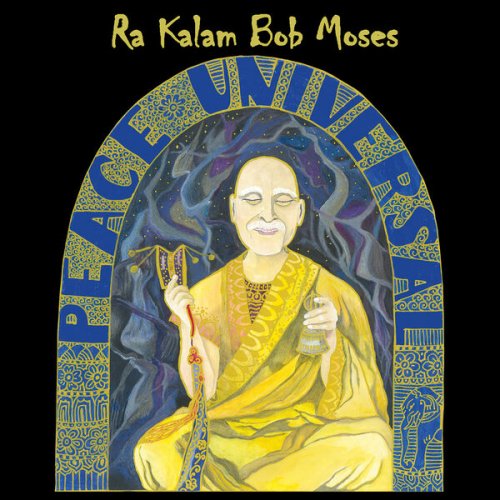Duisburger Philharmoniker, Jonathan Darlington - Jolivet, Ravel, Debussy (2013) [Hi-Res]
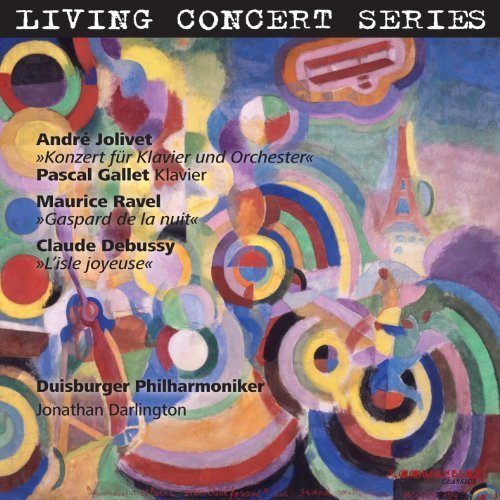
Artist: Duisburger Philharmoniker, Jonathan Darlington
Title: Jolivet, Ravel, Debussy (2013)
Year Of Release: 2013
Label: ACOUSENCE Classics
Genre: Classical
Quality: 24bit-192kHz FLAC (tracks+booklet)
Total Time: 52:42
Total Size: 1.8 GB
WebSite: Album Preview
Tracklist:Title: Jolivet, Ravel, Debussy (2013)
Year Of Release: 2013
Label: ACOUSENCE Classics
Genre: Classical
Quality: 24bit-192kHz FLAC (tracks+booklet)
Total Time: 52:42
Total Size: 1.8 GB
WebSite: Album Preview
André Jolivet (1905-1974)
Konzert für Klavier und Orchester (PASCAL GALLET Klavier)
1 Allegro deciso 07:35
2 Concerto for Piano and Orchestra – II. Andante con moto 09:23
3 Concerto for Piano and Orchestra – III. Allegro frenetico 06:25
Maurice Ravel (1875-1937) / Marius Constant (1925-2004)
Gaspard de la nuit (Orchesterversion)
4 Ondine 06:47
5 Le Gibet 05:12
6 Scarbo1 0:09
Claude Debussy (1862-1918) / Bernardo Molinari (1880-1958)
L´isle joyeuse (Orchesterversion)
7 Quasi una cadenza 07:09
Personnel:
Pascal Gallet - piano (1-3)
Duisburg Philharmonic Orchestra
Jonathan Darlington - conductor
rec. in 2007: 9-10.05 (7); 20-21.06 (4-6); 19.09 (1-3), Mercatorhalle Duisburg
The inspirations are very differing: music from outside Europe, an anthology of poems and a painting inspired the composers André Jolivet, Maurice Ravel and Claude Debussy to some of their most important works.
Using as a basis the typical elements of traditional music from Central Africa, the Far East and Polynesia, André Jolivet conjures up the ritualistic origins of this music in his piano concerto. And since the concept of magic and invocation repeatedly appears in his work, the request by a radio station to write music inspired by non-European sounds and rhythms fascinated him. On the other hand Maurice Ravel was inspired by the ghostly and uncanny visions in the prose-poems of Aloysius Bertrand to write a piano cycle, and in »L’isle joyeuse« (»The happy island«) Claude Debussy was motivated by a poem by the painter Jean-Antoine Watteau.
The three French compositions are inconceivable without the piano, but the keyboard is treated in each case in different ways: percussive and drum-like in the piano concerto by Jolivet, enveloped into certain atmospheres appropriate to the uniform piano colour with Ravel, and sweepingly virtuosic with Debussy. It is easy to see that the classic piano technique no longer plays a role for these pieces. This does not only apply to the close-to-nature piano concerto by Jolivet, but decades earlier already to the piano cycle of Ravel and the single piece by Debussy. Therefore the wish to create orchestral versions of »Gaspard de la nuit« and »L’isle joyeuse« is only logical. Bernardo Molinari instrumented the Debussy piece still during the composer’s life time, Marius Constant orchestrated the Ravel cycle more than half a century after the composer’s death.
Using as a basis the typical elements of traditional music from Central Africa, the Far East and Polynesia, André Jolivet conjures up the ritualistic origins of this music in his piano concerto. And since the concept of magic and invocation repeatedly appears in his work, the request by a radio station to write music inspired by non-European sounds and rhythms fascinated him. On the other hand Maurice Ravel was inspired by the ghostly and uncanny visions in the prose-poems of Aloysius Bertrand to write a piano cycle, and in »L’isle joyeuse« (»The happy island«) Claude Debussy was motivated by a poem by the painter Jean-Antoine Watteau.
The three French compositions are inconceivable without the piano, but the keyboard is treated in each case in different ways: percussive and drum-like in the piano concerto by Jolivet, enveloped into certain atmospheres appropriate to the uniform piano colour with Ravel, and sweepingly virtuosic with Debussy. It is easy to see that the classic piano technique no longer plays a role for these pieces. This does not only apply to the close-to-nature piano concerto by Jolivet, but decades earlier already to the piano cycle of Ravel and the single piece by Debussy. Therefore the wish to create orchestral versions of »Gaspard de la nuit« and »L’isle joyeuse« is only logical. Bernardo Molinari instrumented the Debussy piece still during the composer’s life time, Marius Constant orchestrated the Ravel cycle more than half a century after the composer’s death.
Download Link Isra.Cloud
André Jolive - Concerto for Piano and Orchestra.rar - 1.8 GB
André Jolive - Concerto for Piano and Orchestra.rar - 1.8 GB
